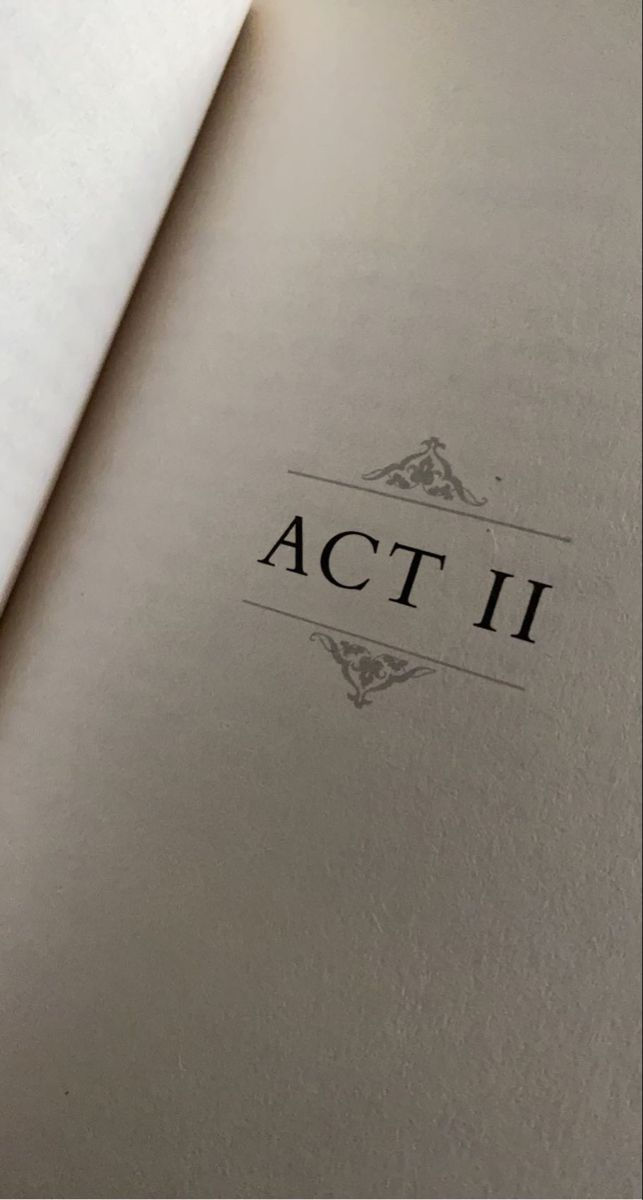From victimizing to forgiving
- The Fuk'd Up Truth

- Apr 2
- 3 min read
I have come to an amazing discovery regarding an internal duality between shame and guilt, and the victimization we portray—even if it is internal—that limits our ability to step towards forgiveness, gratitude, and love. Over the past few weeks, I have faced certain aspects of my past that I held a great deal of resentment towards, sometimes manifesting as anger, but that was merely a cover for sadness and pain I struggled to express. I discovered that deeply rooted patterns of our behaviours, beliefs, and actions, which we sometimes battle with, continue to linger within us. But how do we change this? I honestly do not have the answer, as we are all different and I am still on this journey myself. One step involves taking action, though not necessarily the same actions we are accustomed to.
I have written about patterns and the cycles we repeat, but I believe it goes beyond those patterns to uncover the root of the whole cycle. How do we identify that root? Through curiosity, questioning, introspection, and awareness. Once we achieve this awareness of our actions and behaviours—especially those we do not like or enjoy—we begin to be more cautious in how we act. However, it does not mean that we will instantly eliminate these patterned behaviours; instead, we learn how to react more thoughtfully to our initial reactions and make a more conscious second choice. It is in that second choice—deciding whether to stay on the same path or change direction—that we begin to shift.
At this moment, I find myself realizing a multitude of things in a short span of time. These realizations mean nothing if I do not act on them. They have prompted me to take a step back and evaluate what I can do differently instead of falling into old habits. I grew weary of feeling a certain way and engaging in certain behaviours. I had a conversation with my brother, whom I feel fortunate to have; he often challenges me and shares his wisdom, allowing me to listen and understand more about becoming a better version of myself. During our chat, I chose to listen rather than respond immediately, feeling that it was what I needed. His insightful questions and advice provided me the opportunity to respond differently. I found myself caught in a duality—feeling guilty about how I behaved with others, leading me to feel ashamed of who I was; a toxic pattern, if I might say so myself, and certainly lacking in love.
Guilt externalizes, while shame internalizes. Both responses surface when one victimizes their own story and becomes self-centred in their personal growth. I must admit that this was not easy to accept, yet at that moment I preferred to align with my values and maintain that brutal honesty, respecting myself enough to shift my perspective and break that cycle instantly. The question now became: what do I do? How can I react differently? How do I stop blaming myself or others and start taking action towards becoming a better version of myself rather than slipping back into a mindset of regret and painful memories? I decided to seek forgiveness, as my brother suggested—not just with others but with myself. I aimed to reconnect with love and gratitude; perhaps not acting on it immediately with others by sending a storm of messages, but starting instead with being more compassionate towards myself.
So, how do we realize that we are still victimizing ourselves? For one, we often feel desperate to move on rather than be present. Another reason might be the inclination to blame others for our reactions and painful memories. It may also stem from feeling ashamed of our past behaviours, which hold us back from moving forward because it is easier to cling to a sob story than to find peace in who we are without all the noise. Alternatively, we might feel like walking zombies, lacking fulfillment in our lives, possibly because we are not being true to our values—or perhaps we are not entirely clear on what those values even are. Perhaps we should take some time (I certainly will) to forgive ourselves for doing the best we could with what we had, forgive others for doing the same, and express gratitude for the growth and experiences we have gained, along with the love that has allowed us to remain present. Ah! Perhaps it also means simply living in a way that aligns with who we truly are, rather than who others expect us to be.
Z.
.png)






Comments